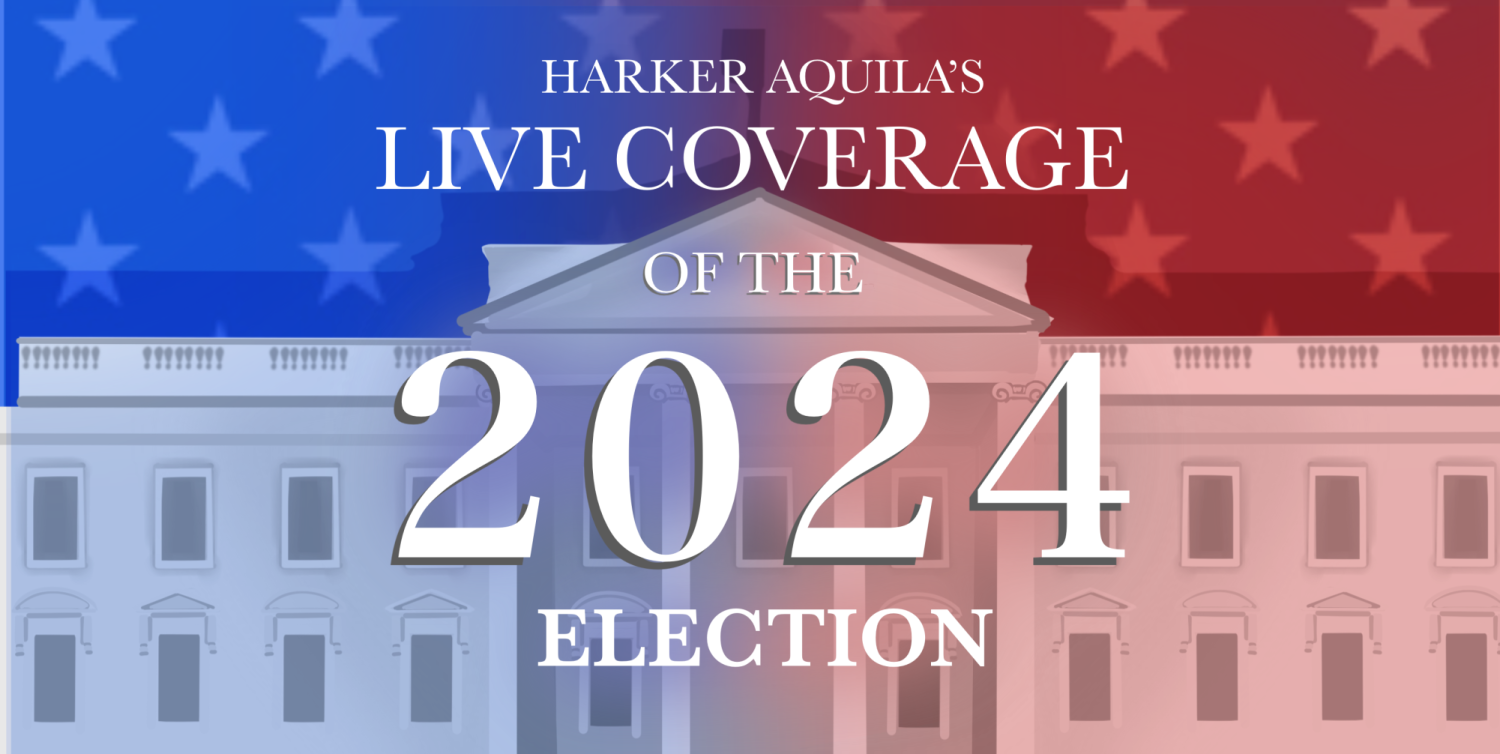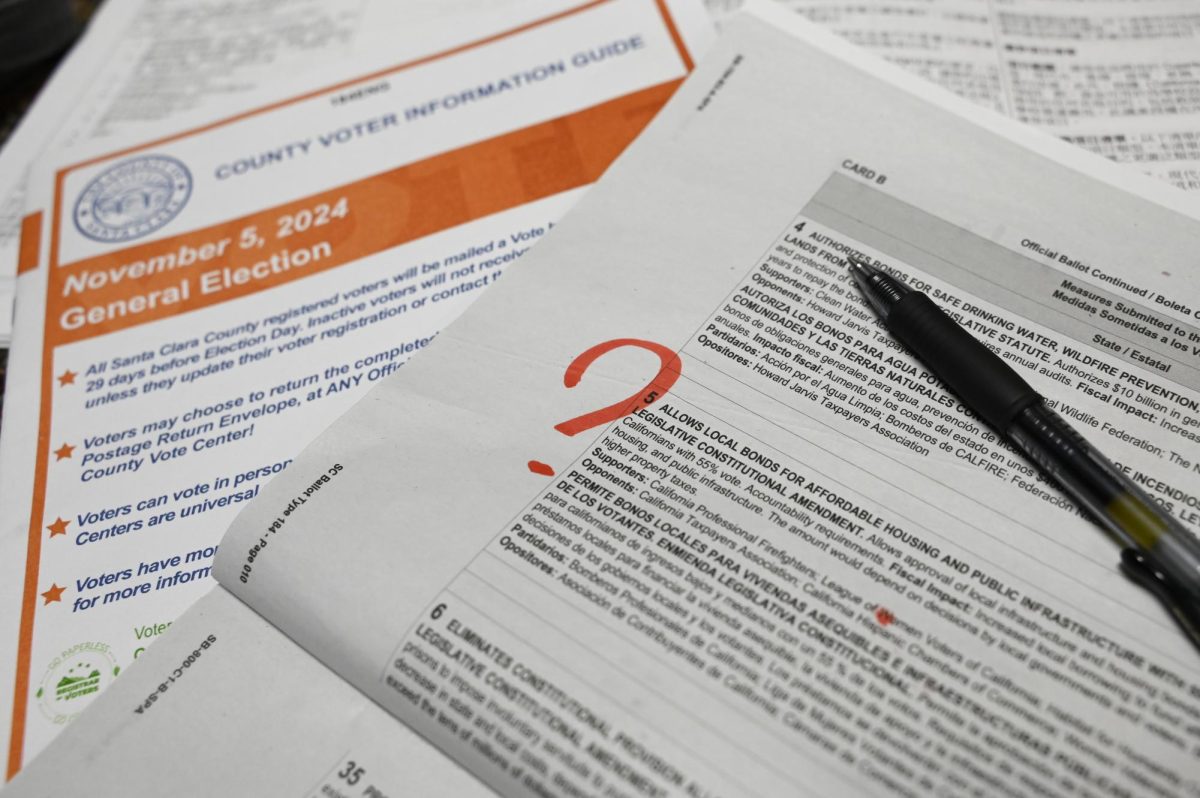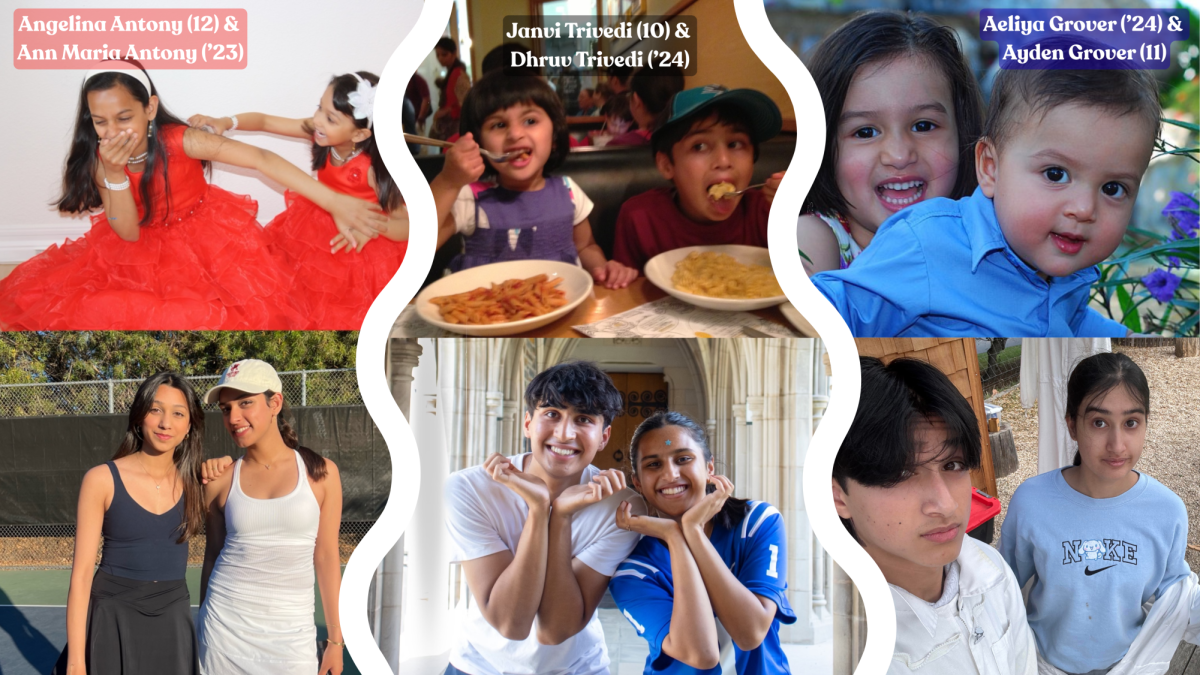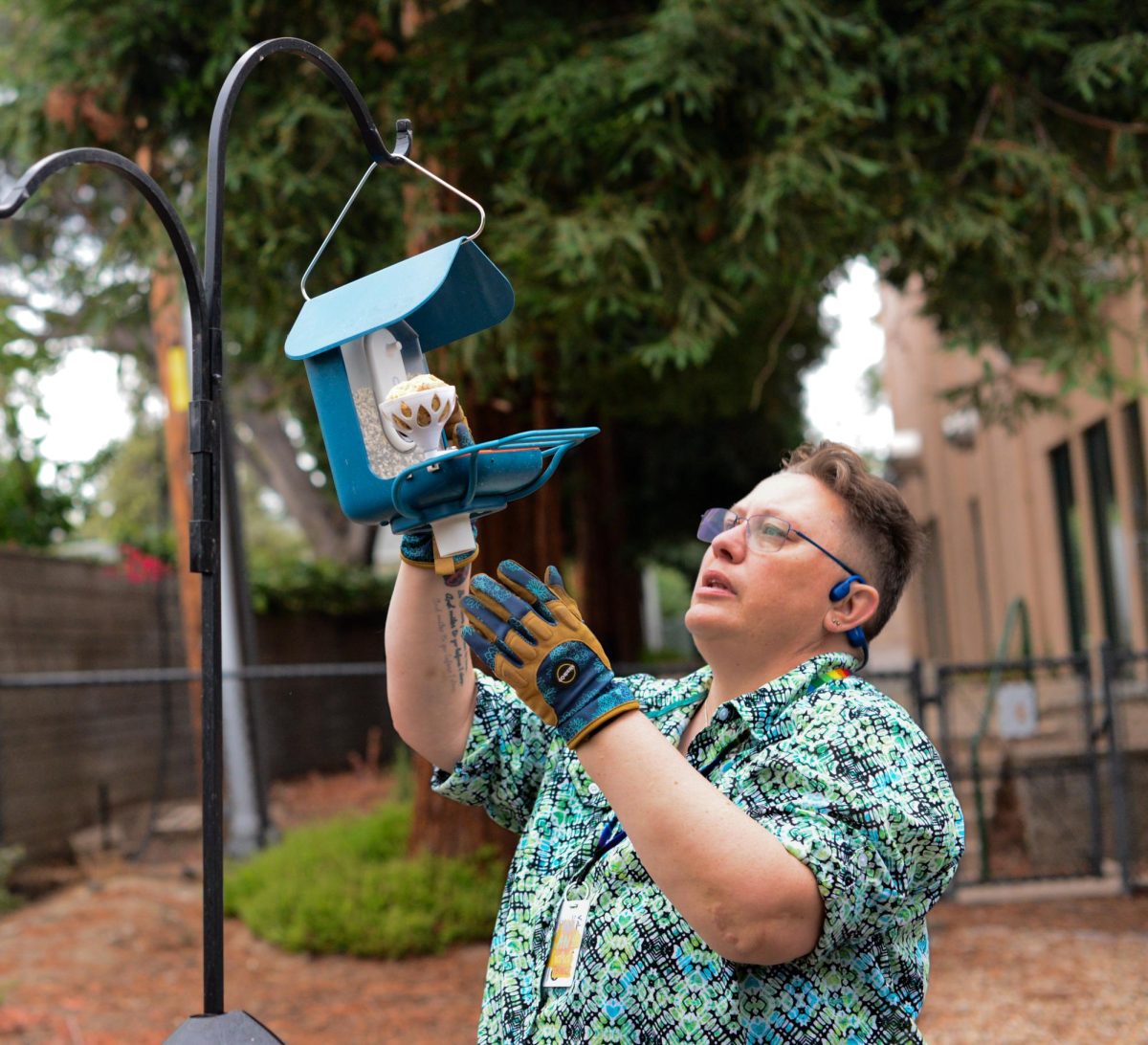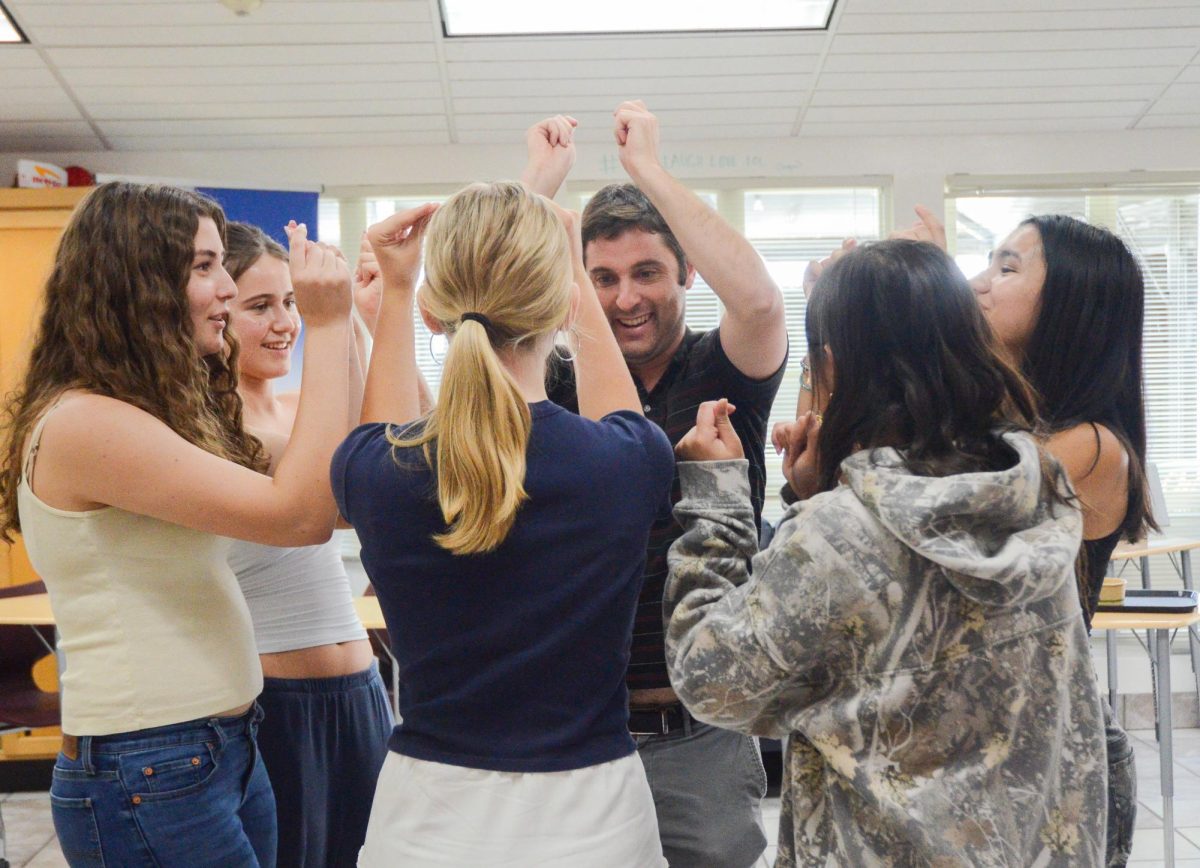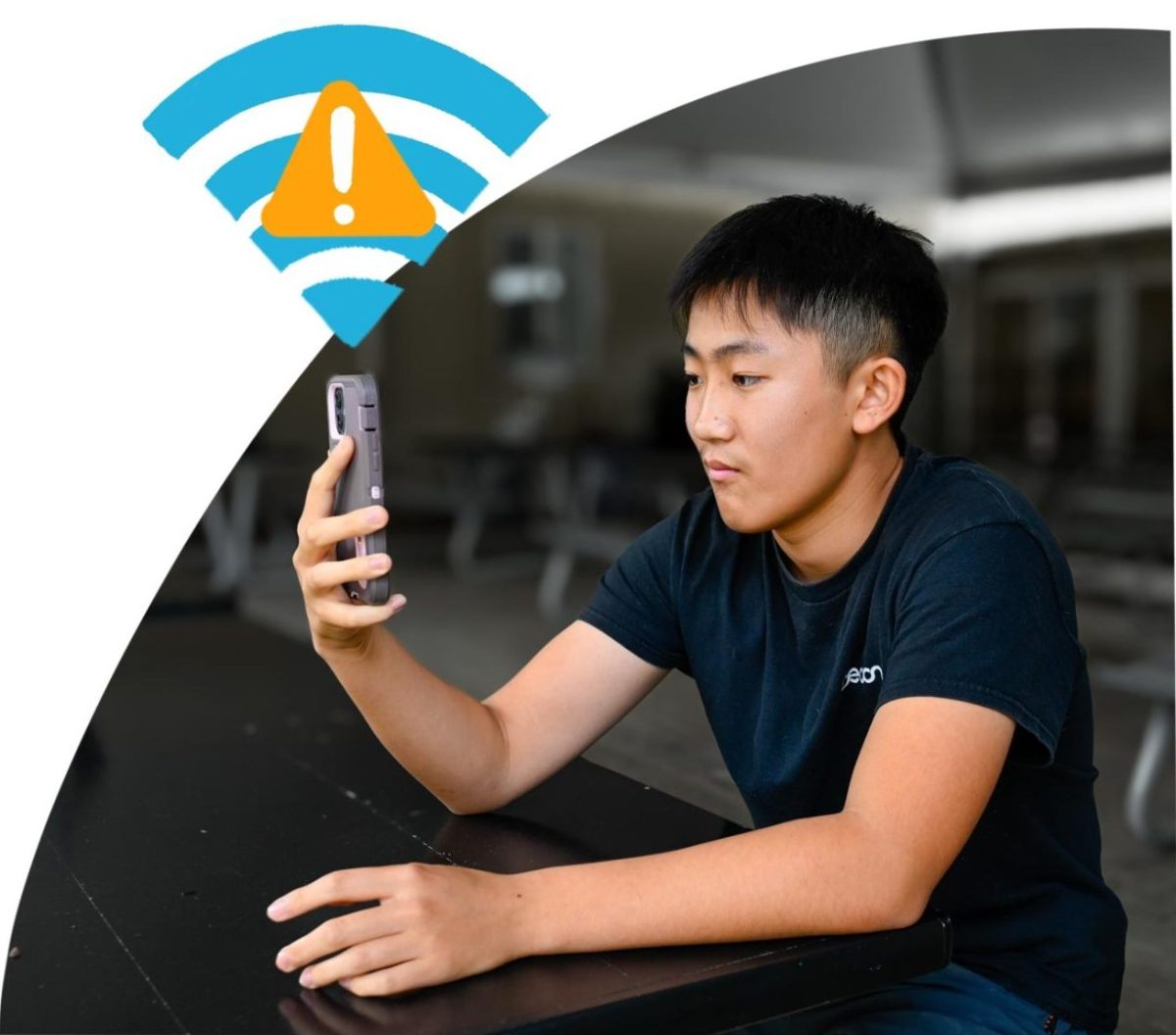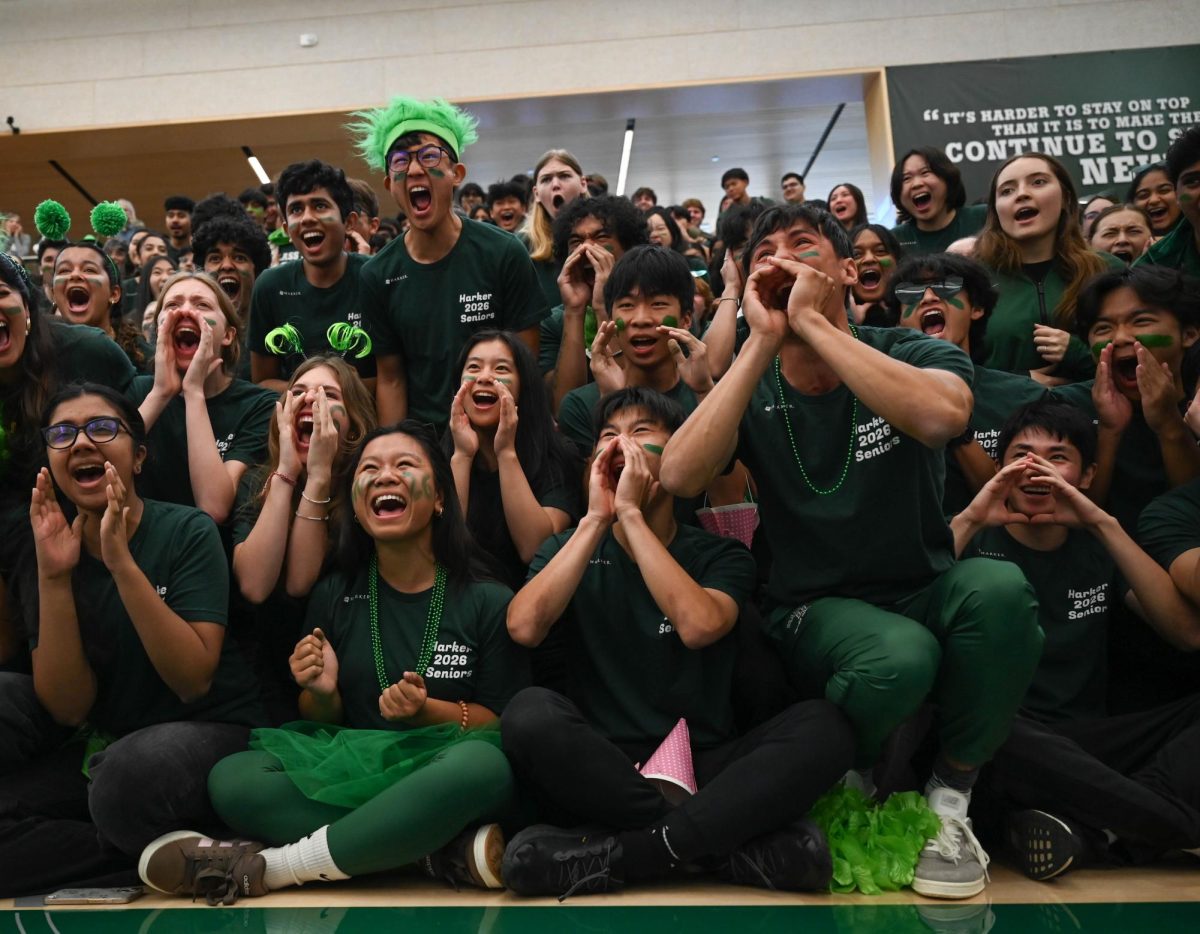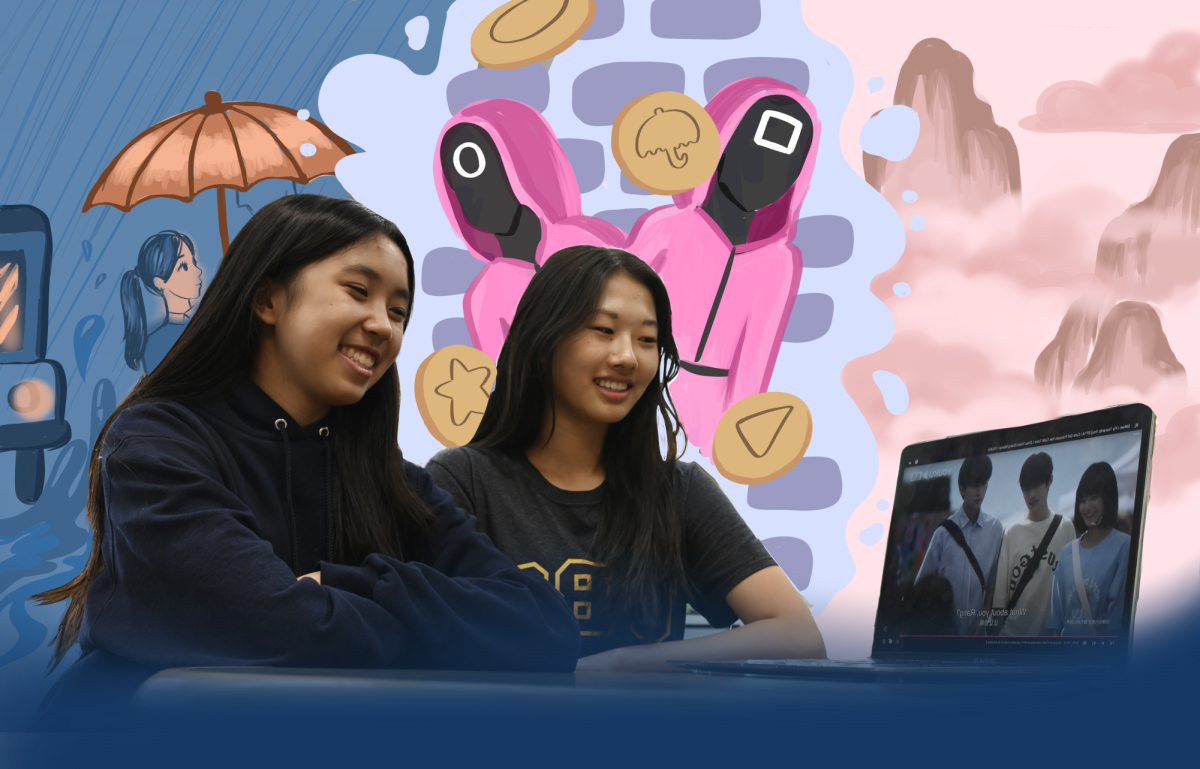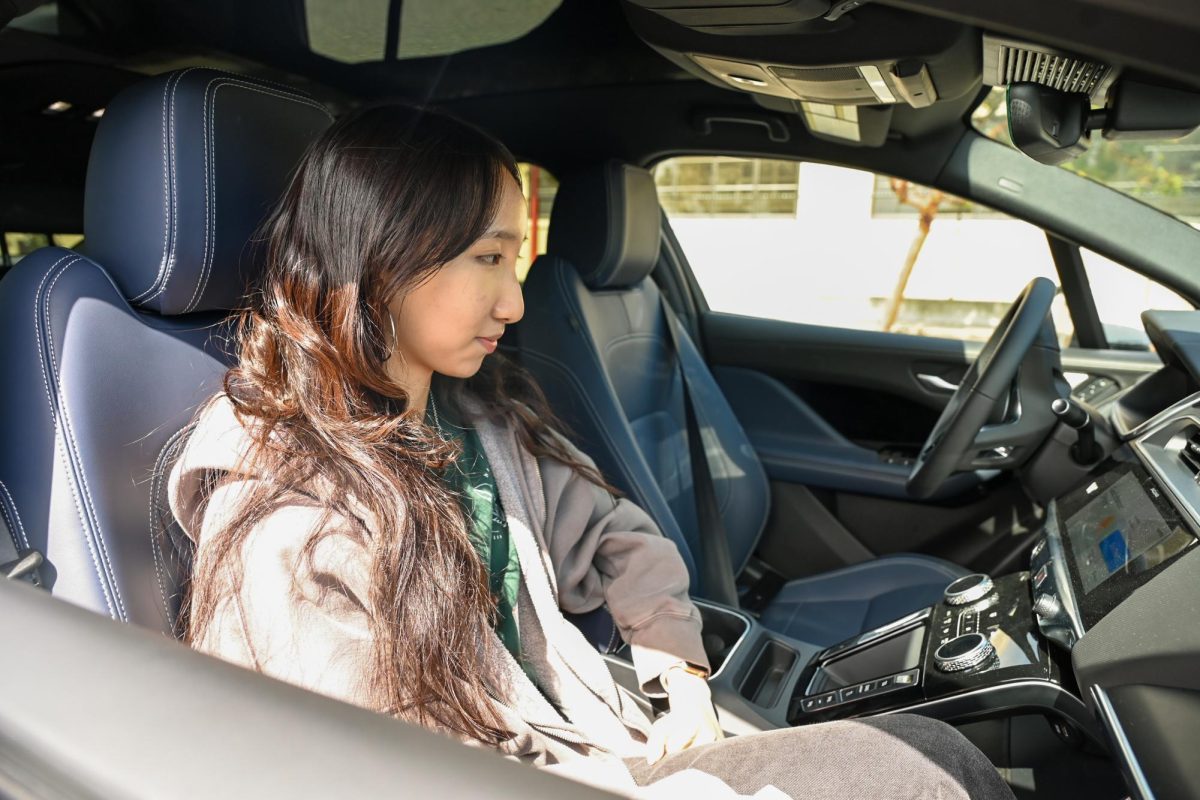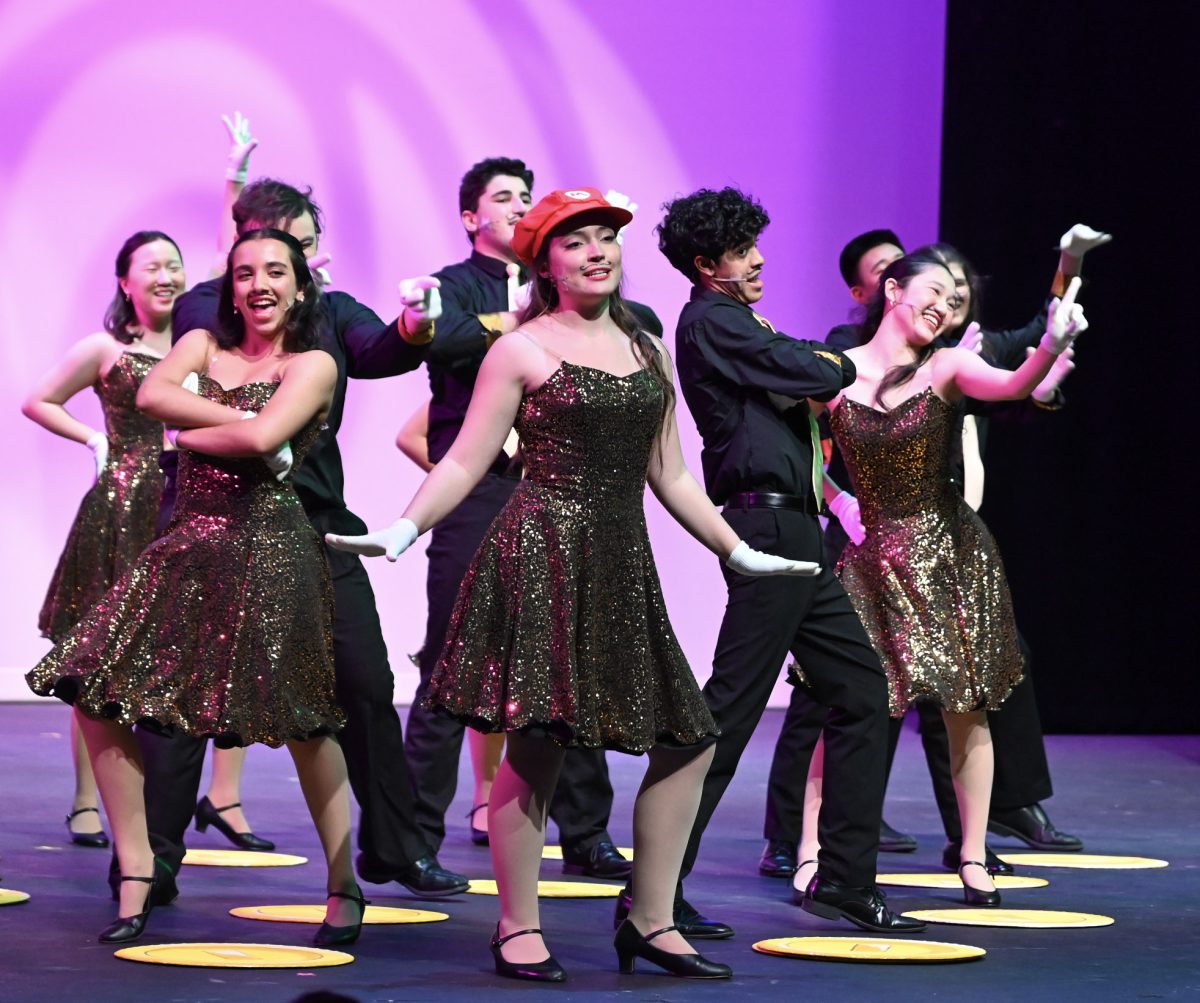
America is no stranger to political strife, but today’s divisions are more personal than ever. According to a 2022 Pew Research Center survey, 63% of Democrats and 70% of Republicans view members of the other party as immoral. More than half of Democrats and six in ten Republicans view the opposing party “very unfavorably.” Another recent survey found that two out of three Americans wouldn’t date someone with different political beliefs.
This heightened divide has grown in tandem with the expanding ubiquity of social media giants like Facebook, X and Instagram — a connection that is far from coincidental. Due to a combination of algorithmic intention and user interactions, social media platforms are a powerful driver of political fragmentation.
“Political division has definitely become more severe in recent years,” Civil Discourse Club President Jacqueline Huang (12) said. “A big factor causing it is the increasing role of social media as a source of political news as well as increasingly candidate-centered political discussions.”
Political polarization refers to the growing ideological divide between political parties, groups or individuals, often resulting in the clustering of opinions at opposing extremes and typically creating more intense partisanship.
“People are drawn to a certain party or platform of positions and really stick to it without reaching out or incorporating other ideas or compromising or being willing to speak to people who disagree with them,” Tate said. “So, [political polarization is] extremely narrow, close-minded thinking around a group of ideas or policies without being willing to incorporate different perspectives or new ideas.”
Social media algorithms are designed to curate each user’s feed based on their past behaviors, like the posts they interact with or videos they watch for longer. They also tend to recommend content that aligns with those preferences. Although this allows users to see more personalized content, it creates an “echo chamber” that reinforces existing beliefs by isolating opposing viewpoints.
“When you’re scrolling through your feed and you come across a post and you like it or interact with it, then the algorithm will receive a positive reward and learn to give you more of that type of post,” AI Club officer Anika Rajaram (11) said. “If you keep interacting with a certain type of content, that will create a feedback loop where the algorithm shows you more and more of the same content that you like and less of the stuff you don’t necessarily agree with.”
Algorithms also prioritize content that elicits strong emotional responses to maximize user engagement and keep them using the platform for as long as possible. As a result, controversial and radical content, like sensationalized news stories or memes mocking the opposing party, often pervades users’ feeds.
“Posts expressing more extreme political views may tend to receive more likes and activity and therefore naturally are recommended more to users by social media algorithms,” Jacqueline said. “This is an issue since it inflates posts with divisive rhetoric instead of exposing people to a balance of different political viewpoints.”
With content tailored to provoke heated responses, it becomes increasingly challenging to critically process information without reinforcing existing biases.
“We can’t avoid polarizing media,” exempt speaker Albert Yao (11) said. “It’s what sells, fundamentally. But we should actually sit through the entire experience, take it in and get a grasp of what we’re feeling and understand why we’re feeling that way and think about the implications of our own biases. We should view everything through an objective lens, and try to keep a tap on our emotions, whether we agree with it or we don’t.”
Despite its drawbacks, social media is a valuable resource for connection and information sharing, enabling people to stay informed about current events in real time and communicate with others globally.
“Social media is a double-edged sword for political engagement,” Albert said. “You can reach a much bigger audience, and both the Trump and Harris campaigns have shown how effective social media campaigns can really drive the youth to engage in civics. The problem is the way algorithms are designed, they’re trying to maximize retention. So they’ll feed you what you want to see.”
With a wealth of information readily available on the internet, the ability to pause and reflect becomes increasingly important. In a world increasingly shaped by isolated perspectives, engaging in active inquiry can foster a more analytical mindset, allowing people to navigate issues thoughtfully and independently.
“Asking questions is a really great way of asking why you know what you know,” Tate said. “‘Why did this happen?’ ‘What did this person mean?’ Reading, thinking — asking questions like being a student is a great way of building critical thinking skills. ‘Why is this history?’ ‘Why are we reading this book, as opposed to this book?’ ‘Why do we listen to these authorities, but not other authorities?’”


















![“[Building nerf blasters] became this outlet of creativity for me that hasn't been matched by anything else. The process [of] making a build complete to your desire is such a painstakingly difficult process, but I've had to learn from [the skills needed from] soldering to proper painting. There's so many different options for everything, if you think about it, it exists. The best part is [that] if it doesn't exist, you can build it yourself," Ishaan Parate said.](https://harkeraquila.com/wp-content/uploads/2022/08/DSC_8149-900x604.jpg)




![“When I came into high school, I was ready to be a follower. But DECA was a game changer for me. It helped me overcome my fear of public speaking, and it's played such a major role in who I've become today. To be able to successfully lead a chapter of 150 students, an officer team and be one of the upperclassmen I once really admired is something I'm [really] proud of,” Anvitha Tummala ('21) said.](https://harkeraquila.com/wp-content/uploads/2021/07/Screen-Shot-2021-07-25-at-9.50.05-AM-900x594.png)







![“I think getting up in the morning and having a sense of purpose [is exciting]. I think without a certain amount of drive, life is kind of obsolete and mundane, and I think having that every single day is what makes each day unique and kind of makes life exciting,” Neymika Jain (12) said.](https://harkeraquila.com/wp-content/uploads/2017/06/Screen-Shot-2017-06-03-at-4.54.16-PM.png)








![“My slogan is ‘slow feet, don’t eat, and I’m hungry.’ You need to run fast to get where you are–you aren't going to get those championships if you aren't fast,” Angel Cervantes (12) said. “I want to do well in school on my tests and in track and win championships for my team. I live by that, [and] I can do that anywhere: in the classroom or on the field.”](https://harkeraquila.com/wp-content/uploads/2018/06/DSC5146-900x601.jpg)
![“[Volleyball has] taught me how to fall correctly, and another thing it taught is that you don’t have to be the best at something to be good at it. If you just hit the ball in a smart way, then it still scores points and you’re good at it. You could be a background player and still make a much bigger impact on the team than you would think,” Anya Gert (’20) said.](https://harkeraquila.com/wp-content/uploads/2020/06/AnnaGert_JinTuan_HoHPhotoEdited-600x900.jpeg)

![“I'm not nearly there yet, but [my confidence has] definitely been getting better since I was pretty shy and timid coming into Harker my freshman year. I know that there's a lot of people that are really confident in what they do, and I really admire them. Everyone's so driven and that has really pushed me to kind of try to find my own place in high school and be more confident,” Alyssa Huang (’20) said.](https://harkeraquila.com/wp-content/uploads/2020/06/AlyssaHuang_EmilyChen_HoHPhoto-900x749.jpeg)



